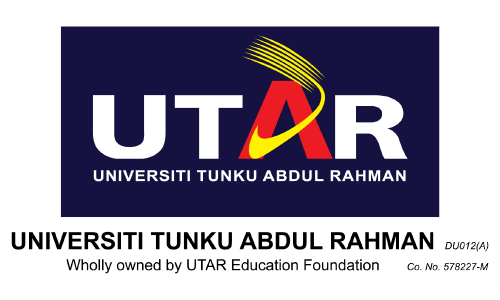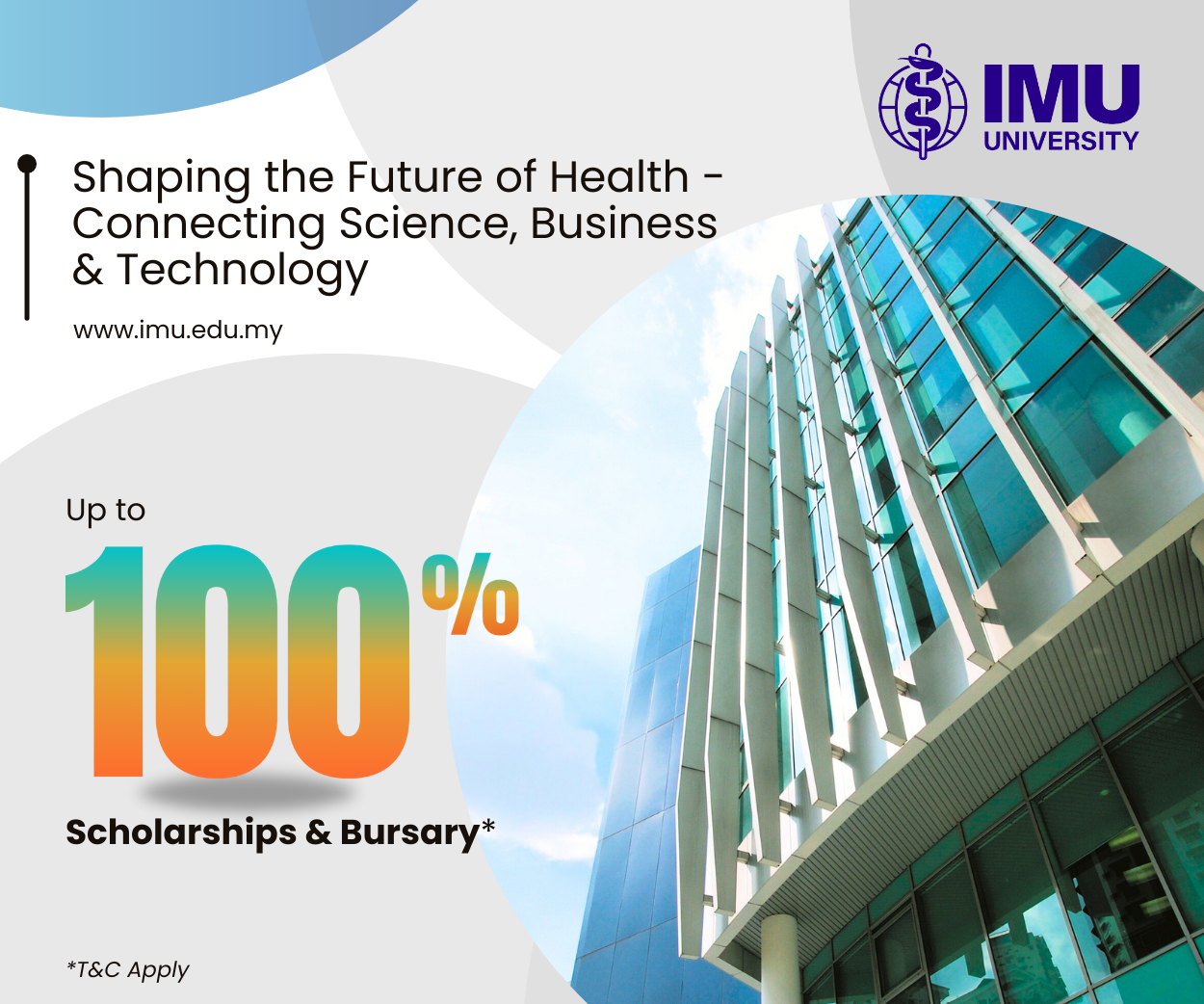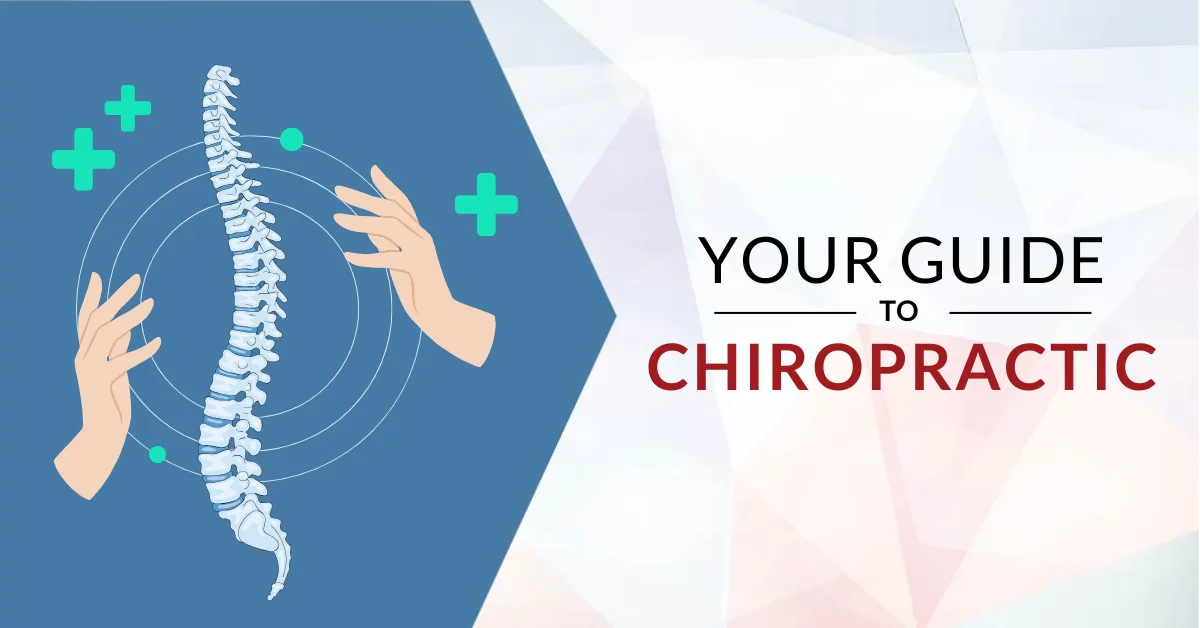The Complete Guide to Studying Traditional Chinese Medicine in Malaysia
Did you know that a TCM degree is just as long as a normal medical degree? Learn more about this holistic field and its job opportunities, pathways, entry requirements, and fees.
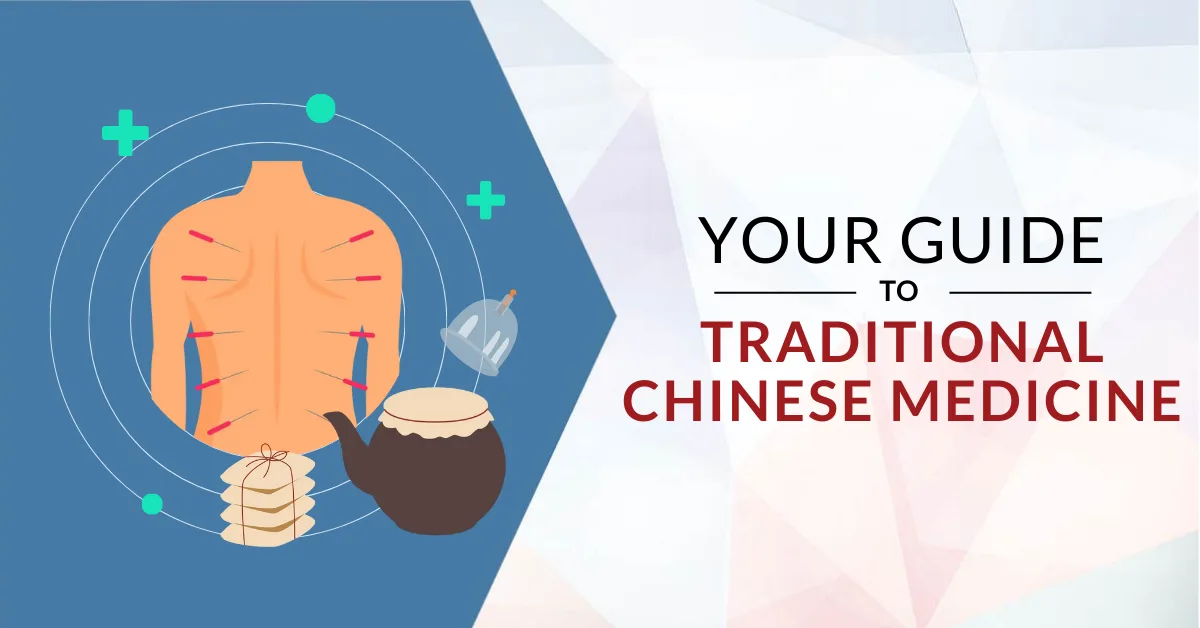
Have you ever heard of acupuncture or cupping from friends or relatives who swear by them? Or perhaps you’ve benefited from herbal remedies yourself to treat a cold.
These are just some of the practices in Traditional Chinese Medicine (TCM). Refined over thousands of years, TCM is increasingly becoming recognised and integrated into modern healthcare, helping to promote healing, prevent illness and support overall wellness.
If you’re curious about TCM as a field of study, this guide will give you everything you need to know — from entry requirements, course structure and fees to university options and formal registration as a qualified TCM practitioner.
#1. What is Traditional Chinese Medicine?
 Traditional Chinese Medicine (TCM) is an ancient health and wellness system that takes a holistic approach to overall health and well-being. Unlike Western medicine, which primarily focuses on treating diseases, TCM aims to restore balance and harmony within the body.
Traditional Chinese Medicine (TCM) is an ancient health and wellness system that takes a holistic approach to overall health and well-being. Unlike Western medicine, which primarily focuses on treating diseases, TCM aims to restore balance and harmony within the body.
The basic concept of traditional Chinese medicine revolves around qi (the body’s energy source), and that any imbalance to it can lead to illness. A TCM practitioner can restore that balance and promote energy flow within the body.
Common TCM treatments include acupuncture (stimulation of the body’s acupoints), moxibustion (the burning of herbal leaves near the skin), tuina (therapeutic massage), herbal remedies (customised herbal formulas), and movement exercises (tai chi and qi gong).
True to its holistic nature, TCM can support a wide range of concerns, from mild issues such as insomnia, allergies and digestive problems, to musculoskeletal disorders (e.g. osteoarthritis) and chronic pain management.
As part of your Degree in Traditional Chinese Medicine, you will develop a deep understanding of the holistic nature of health and disease from a TCM perspective, while building practical clinical skills required to become a qualified and registered TCM practitioner. In Malaysia, TCM is formally recognised as a traditional and complementary medicine discipline.
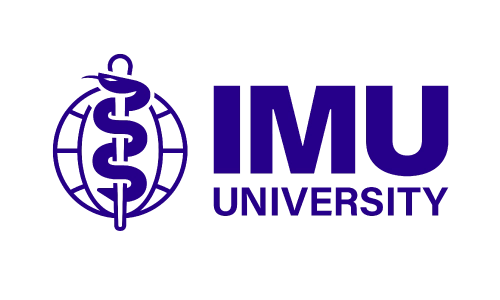
IMU University
Bachelor of Science (Hons) Chinese Medicine
✓Begin your exhilarating journey into the world of traditional healing in the first Chinese Medicine programme in Malaysia to be taught entirely in English
#2. Entry Requirements for Traditional Chinese Medicine
a) What are the subjects required to study Traditional Chinese Medicine?
In general, you’ll need to have studied these subjects at SPM level or equivalent to pursue your studies in traditional Chinese medicine:
- Mathematics
- Two Science subjects from Biology, Physics and Chemistry
As for A Levels, STPM or equivalent, there are no specific subject requirements, provided you meet the overall entry requirements.
b) Traditional Chinese Medicine degree requirements
To pursue a Degree in Traditional Chinese Medicine, you need to complete a pre-university programme and meet the entry requirements:
- A Levels: Minimum 2Ds
- STPM: Minimum CGPA of 2.50
- Foundation in Science: Minimum CGPA of 2.50
- Relevant Diploma: Minimum CGPA of 2.50
In most cases, you will also need to have at least a C in Mathematics and 2 Science subjects at SPM level or equivalent.
Important Note:
Entry requirements for some universities may be higher, so it’s important that you check the details carefully.

#3. Studying Traditional Chinese Medicine in Malaysia
a) What subjects will you study in a Traditional Chinese Medicine degree?
As part of your Chinese medicine studies, you’ll cover the basic medical science modules, including anatomy, physiology and pathology. You’ll also learn the core theories, principles and diagnostic methods used in TCM, alongside introductory exposure to Western medicine. Additionally, you’ll also train in various TCM treatments and therapies, such as Chinese medicine prescription, acupuncture and tuina.
Here are some of the subjects you may cover during your TCM degree
- Basic medical sciences (anatomy, physiology, pathology, pharmacology, microbiology, psychology, first aid and emergency conditions)
- Chinese medicine history and theory
- Western internal medicine
- Diagnostics of Chinese medicine
- Chinese medicine materia medica (i.e. medicinal substances) and herbal formulae
- Prescription of Chinese medicine
- Chinese medicine internal medicine
- Treatise on exogenous febrile disease
- Golden chamber
- Chinese medicine in paediatrics and gynaecology
- Acupuncture and tuina
- Electives (e.g. geriatrics / ophthalmology / otorhinolaryngology of Chinese medicine, qigong exercise, diet in Chinese medicine)
During your studies, you’ll also undergo clinical practice where you’ll be treating real-life patients in clinical settings under the supervision of your lecturer. You will also be required to work on an undergraduate research project.
b) How long is a Traditional Chinese Medicine course?
A Degree in Traditional Chinese Medicine typically takes 5 years to complete.
c) How much does it cost to study Traditional Chinese Medicine in Malaysia?
A traditional Chinese medicine programme could range from RM60,000 – RM150,000.

IMU University
Foundation in Science
✓Direct pathway into IMU's undergraduate programmes and most of IMU's international partner universities
#4. Your Education Pathway for Traditional Chinese Medicine
 Traditional Chinese Medicine is a regulated field, which means you will need to meet specific requirements to become a TCM practitioner.
Traditional Chinese Medicine is a regulated field, which means you will need to meet specific requirements to become a TCM practitioner.
Here are the steps to become a registered TCM practitioner in Malaysia.
- Complete a pre-university programme (e.g. A Level, STPM) or a Foundation in Science.
- Pursue a recognised Traditional Chinese Medicine degree (5 years), as this is a regulated field in Malaysia.
- Apply for provisional registration with the Traditional and Complementary Medicine (T&CM) Council Malaysia to get a temporary practising certificate.
- Undergo 1 year of residency with an approved hospital or institution.
- Thereafter, you can apply for full registration with T&CM and get your practising certificate.
- Further on, you may also pursue advanced training courses to specialise (e.g. acupuncture, moxibustion, tuina, bone manipulations, paediatrics, gynaecology, various internal medicine specialties) or take up a postgraduate degree.
Overall, the entire process from SPM to becoming a registered TCM practitioner typically takes approximately 7 – 8 years.
Pro Tip:
Make sure your Traditional Chinese Medicine Degree is recognised by the Traditional and Complementary Medicine (T&CM) Council. Otherwise, you may risk not being able to practise in Malaysia as TCM practitioners are a regulated profession.
#5. Should You Study Traditional Chinese Medicine?
 a) Is Traditional Chinese Medicine right for you?
a) Is Traditional Chinese Medicine right for you?
If you’re wondering whether traditional Chinese medicine suits you, here are some questions to think about:
- Are you interested in holistic and alternative approaches to healthcare?
- Are you open to understanding different cultural perspectives and the integration of Western and traditional medicine?
- Are you passionate about helping others and making a positive impact on their lives?
- Are you empathetic, patient and able to establish trust with individuals from diverse backgrounds?
- Can you commit to the rigorous study and training required to become a competent practitioner?
- Do you have excellent communication and interpersonal skills?
- Do you have good grades in science subjects?
If you answered yes to most of these questions, studying a Degree in Traditional Chinese Medicine may be the right choice for you.
b) Skills required to pursue Traditional Chinese Medicine
Here are some key skills a competent traditional Chinese medicine practitioner should have:
- Ability to solve problems creatively by customising treatment plans that address patients’ needs
- Able to coordinate an efficient and targeted movement of the hands with precision
- Great communication skills and ability to relay medical information in a digestible and easy-to-understand manner
- Active listening skills
- Ability to empathise and be vulnerable to patients
- Patience to deal with people of varying personalities

#6. Career Options With a Traditional Chinese Medicine Degree
A traditional Chinese medicine degree can grant you access to various settings related to TCM healthcare practice, research and education. This includes working at TCM clinics, health and wellness centres, Chinese pharmaceuticals, manufacturing companies, public health departments, as well as universities.
Here are some of the careers you can pursue with a traditional Chinese medicine qualification:
- Traditional Chinese medicine practitioner
- Acupuncturist
- Tuina therapist
- TCM clinic owner
- Wellness consultant
- Entrepreneur
- Clinical manager
- Lecturer
- Traditional Chinese medicine researcher in academia or pharmaceuticals

IMU University
Bachelor of Science (Hons) Chinese Medicine
✓Begin your exhilarating journey into the world of traditional healing in the first Chinese Medicine programme in Malaysia to be taught entirely in English
#7. Best Institutions for Traditional Chinese Medicine in Malaysia
If being a TCM practitioner is where your passion lies, then check out some of the best institutions for traditional Chinese medicine in Malaysia.
IMU University
Main Campus, Kuala Lumpur
Bachelor of Science (Hons) Chinese Medicine
Intake
Feb, Apr, Jul, Sep
Tuition Fees
RM150,000
Get up to RM800 Waiver + RM300 Rebate when you enrol through EduAdvisor! T&C apply.
 a) Is Traditional Chinese Medicine right for you?
a) Is Traditional Chinese Medicine right for you?